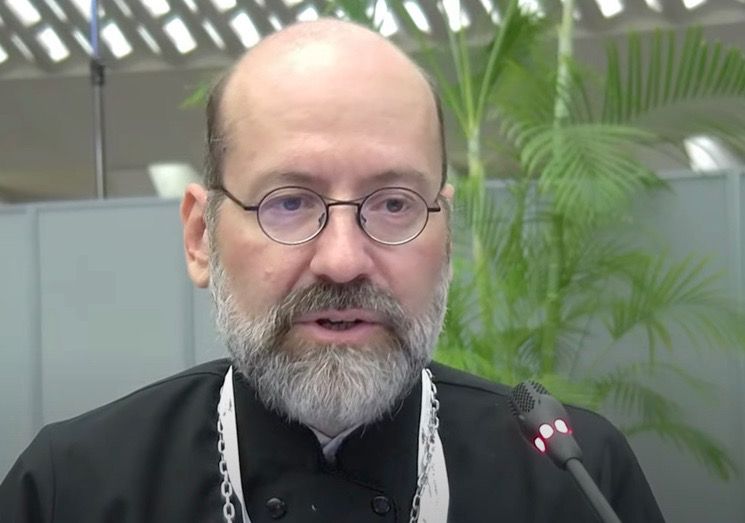
Vatican City, Dec 10, 2020 / 06:00 am (CNA).- The Vatican’s Congregation for Catholic Education issued Wednesday three new instructions on ecclesiastical institutions of higher education.
The congregation issued the new norms concerning the affiliation, aggregation, and incorporation of such institutions Dec. 9, in Italian, French, Spanish and Polish.
Archbishop Vincenzo Zani, the congregation’s secretary, told Vatican News that the instructions sought to strengthen the worldwide network of ecclesiastical institutions.
The instructions state that ecclesiastical institutions of higher education must apply to the congregation when seeking a change regarding affiliation, aggregation or incorporation. The congregation will then issue a decree approving the change ad quinquennium experimenti gratia (for a five-year trial period).
After five years, the congregation may then either revoke the initial decree or issue a new one ad aliud quinquennium (for a further five years.)
The new norms will apply from the first day of the 2021-2022 academic year or of the 2022 academic year, depending on the local academic calendar.
Zani said that there are more than 500 ecclesiastical institutions worldwide. Of these, 120 are ecclesiastical faculties of theology, philosophy, canon law or other subjects, while there are around 400 affiliated, aggregated and incorporated institutes.
The archbishop explained that ecclesiastical faculties have three cycles of studies. The first ends with a baccalaureate degree, the second with a licentiate degree, and the third with a doctoral degree.
Affiliated institutes can only issue a baccalaureate degree. Aggregated institutes can offer both baccalaureate and licentiate degrees. Incorporated institutes — which Zani said are “very few and specialized” — provide only licentiate and doctoral degrees.
“These institutions are under the responsibility of the faculties, but having renewed the whole system of studies, we are gradually approving the rules also for the institutions that are connected with the faculties,” he said.
The new instructions follow the 2018 apostolic constitution “Veritatis gaudium,” in which Pope Francis called for the “renewal of the system of ecclesiastical studies.”
Zani said that the instructions aimed to promote a missionary spirit among ecclesiastical higher education institutions.
“Keep in mind that, for example, the Pontifical Urbaniana University, which is one among a number of Roman pontifical universities, has 110 affiliated institutes in Africa and Asia,” he said.
“This presents an extraordinary opportunity for working and networking together, also in collaboration with the Congregation for the Evangelization of Peoples.”
“In this way, and together with these institutions, we hope to follow, to respond to the challenges of today in order to ensure that the system of ecclesiastical studies is not self-referential, but follows the thrust of the Church which is the new evangelization and missionary outreach.”
If you value the news and views Catholic World Report provides, please consider donating to support our efforts. Your contribution will help us continue to make CWR available to all readers worldwide for free, without a subscription. Thank you for your generosity!
Click here for more information on donating to CWR. Click here to sign up for our newsletter.




Leave a Reply